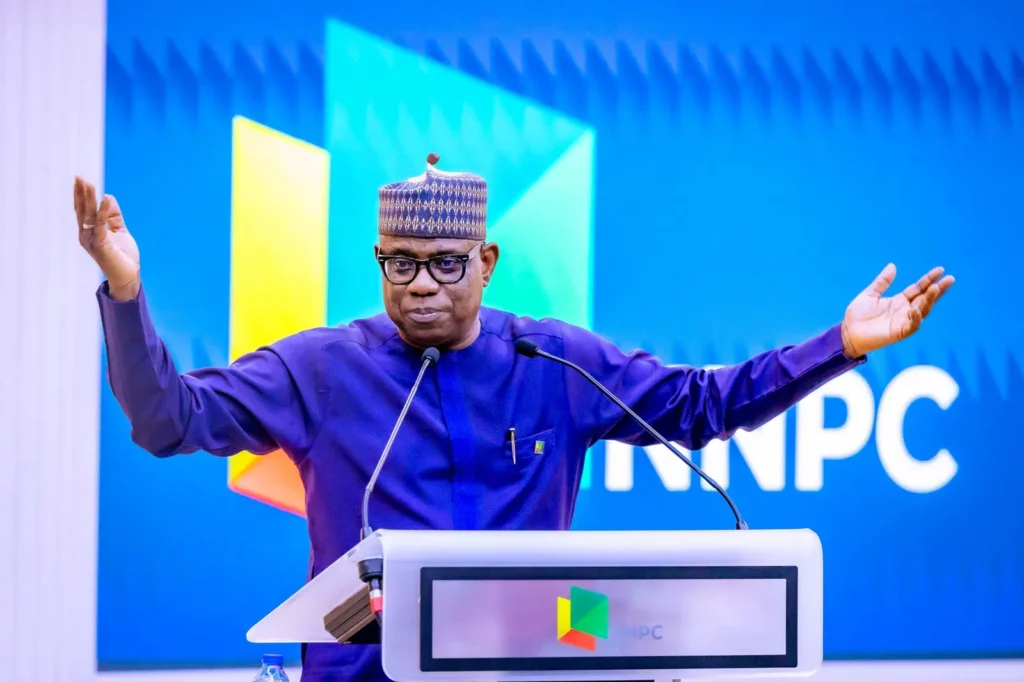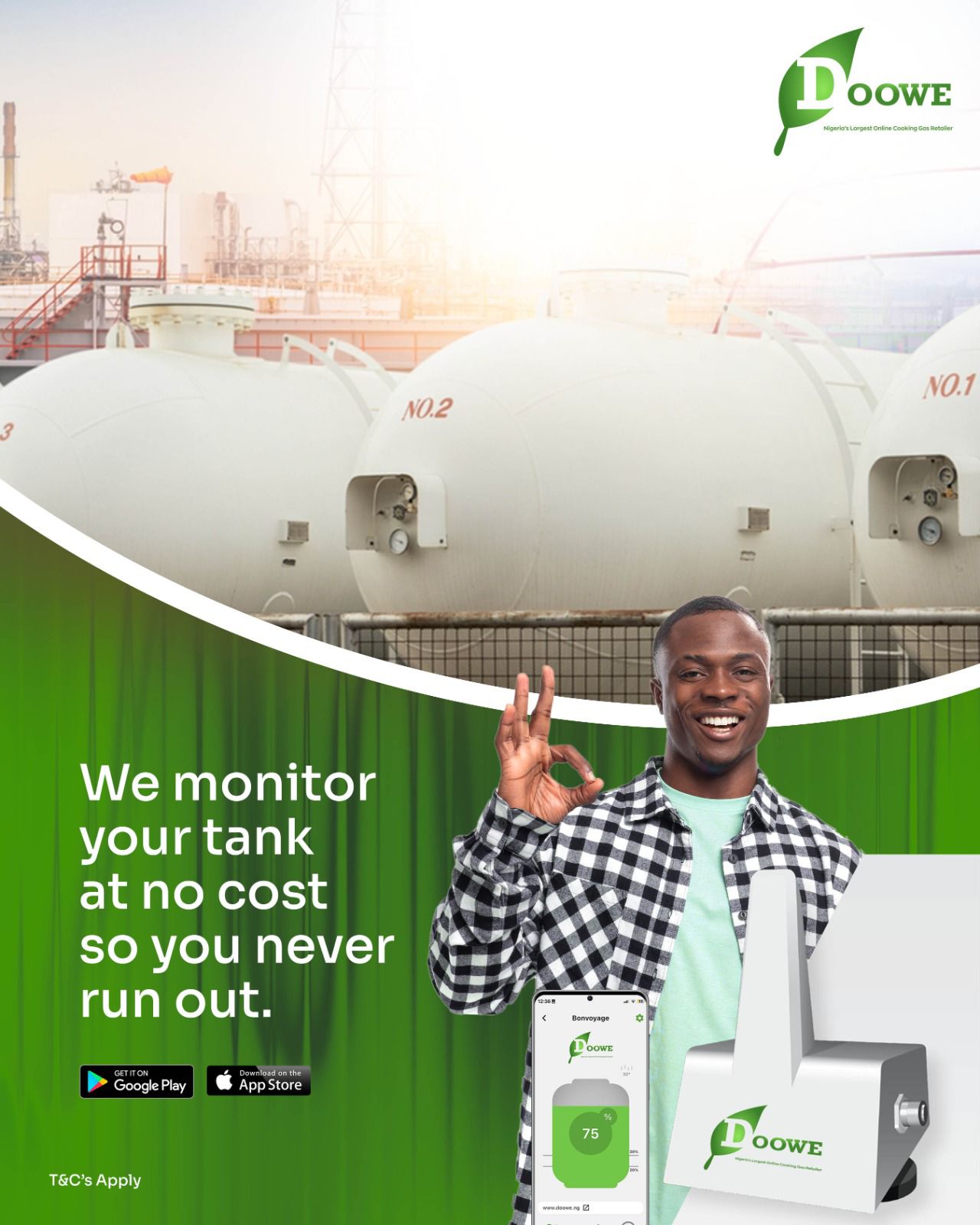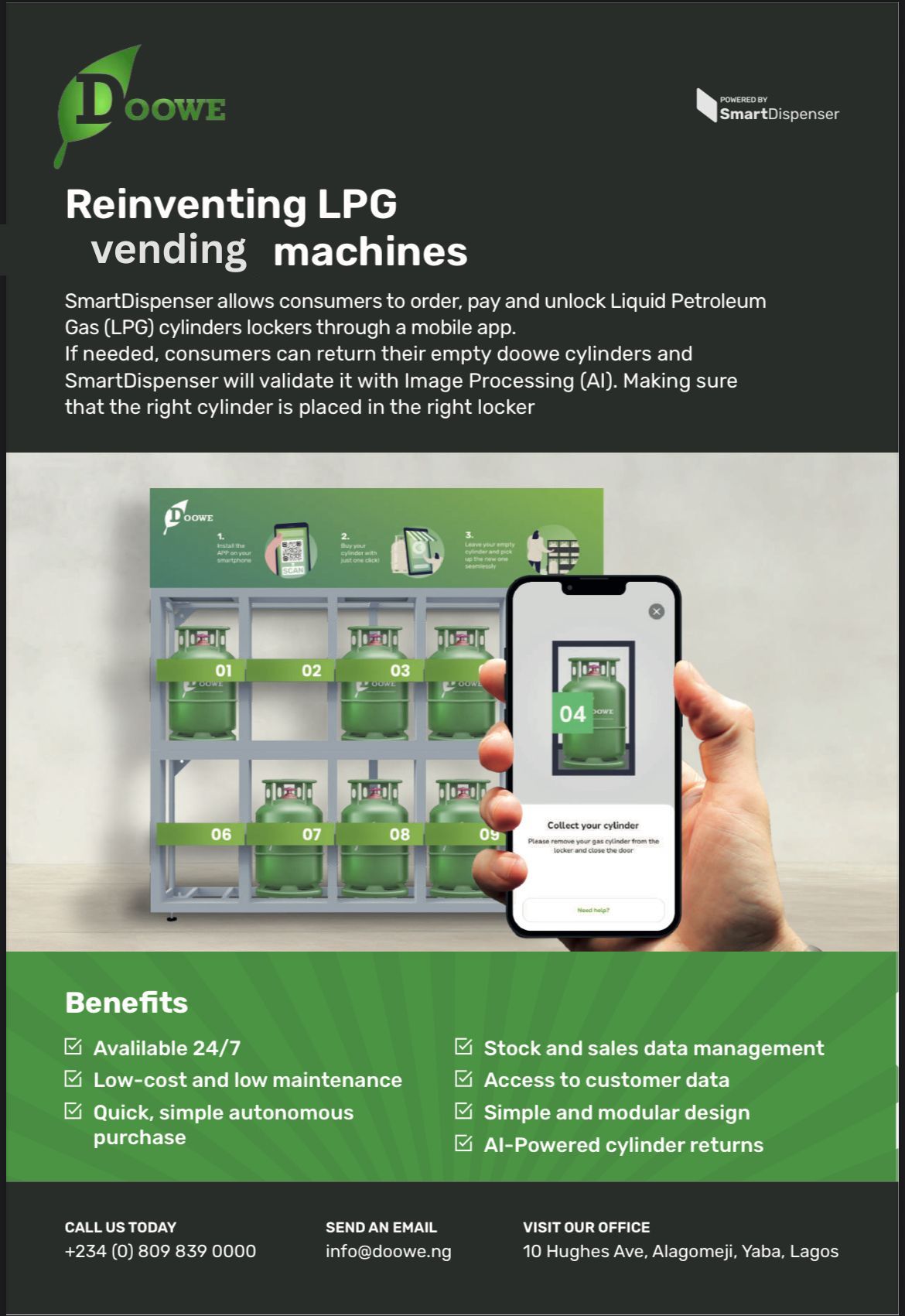The Nigerian National Petroleum Company Limited (NNPCL) on Monday said that nearly all pipeline theft has been eliminated after coordinated efforts by the country’s defence and intelligence agencies.
Three years ago, as little as 30 per cent of oil sent through some pipelines made it to Nigeria’s export terminals, costing the government billions in lost revenue and leading investment to be deferred.
“Today, I can proudly report that our pipeline and terminal receipts are attaining close to 100 per cent,” NNPC Group Chief Executive Officer Bayo Ojulari told a regional security forum in Abuja.
He said security had been improved, particularly within the Niger Delta, where most of the country’s oil infrastructure is located.
The country’s defence and intelligence agencies were involved, as Ojulari said illicit trade was not merely a local problem but involved “sophisticated international syndicates” exploiting weaknesses in national and regional security frameworks.
As the improved security bolsters Nigeria’s overall oil output and the country seeks to accelerate approval for new projects, the national oil regulator projected at an oil conference last week that Nigeria’s output could surpass 2.5 million barrels per day next year.
Nigeria’s oil production was last close to 2.5 million barrels per day in 2005 before militancy in the Niger Delta reduced output to 1 million bpd by 2016.
In 2021, Nigeria began hiring private security firms to complement the national security organisations in managing pipeline security.
The NNPC and several upstream gas supply firms recently entered into a gas supply agreements (GSAs) with the Nigeria Liquefied Natural Gas (NLNG).
The long-term agreements, which span 20 years with options for extension, are set to deliver 1.29 billion standard cubic feet per day of Feedgas to NLNG.
The signing ceremony, held at the NNPC Towers in Abuja, Nigeria, saw the participation of the Sunlink Energies and Resources, Amni International Petroleum Development Company, First Exploration & Petroleum Development Company, SNEPCo, NNPC Gas Marketing, NNPC E&P, Shell Nigeria Gas Solutions, Oando Group, and Aradel Holdings.
These deals are a strategic move to address the longstanding shortfall in upstream gas availability, aligning with energy transition agenda of Nigeria and the gas reforms of Federal Government, which aim to bolster the nation’s economy and energy security.
NNPC group CEO Engr. Bashir Bayo Ojulari said: “These GSAs have opened up opportunities for the growth of our industry both for local and international development.
“They’re hinged on collaboration, synergies and opportunities. We need to leverage economies of scale, share risk and opportunities for us to attain President’s decade of gas vision.”
NLNG managing director Philip Mshelbila highlighted the GSAs would enhance local gas production capacity, enhance supply reliability, and energy security, industrialisation, and economic growth of the country.
Philip Mshelbila said: “We could not have achieved this sooner without the deliberate and concerted efforts of our shareholders and stakeholders in the energy industry in Nigeria. These agreements are a turning point in NLNG’s journey, restoring reliability of supply and ensuring we remain firmly on the path of growth and expansion.”
The NLNG is an incorporated joint venture (IJV), owned by NNPC (49%), Shell Gas (25.6%), TotalEnergies (15%), and Eni International (10.4%).
Earlier in March, NNPC began discussions with Dangote Oil Refinery to extend their existing supply contract for naira-based crude oil.
About DooweGas
DooweGas (Doowe Investment Limited) is Nigeria’s leading LPG retail company, committed to bringing innovation, safety, and efficiency to energy solutions nationwide.
Follow us on all major social platforms for vital tips.
Our YouTube channel is dedicated to providing in-depth analysis for professionals, investors, and policymakers. Get informed, get empowered.
Join the conversation.
Subscribe today!. ➡️ https://lnkd.in/e_vit42X
Source:orientalnewsng.com





